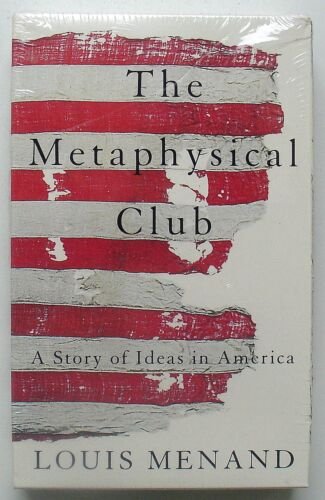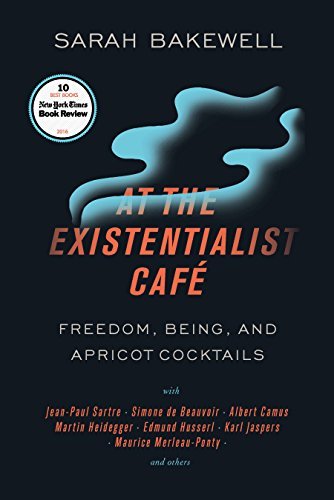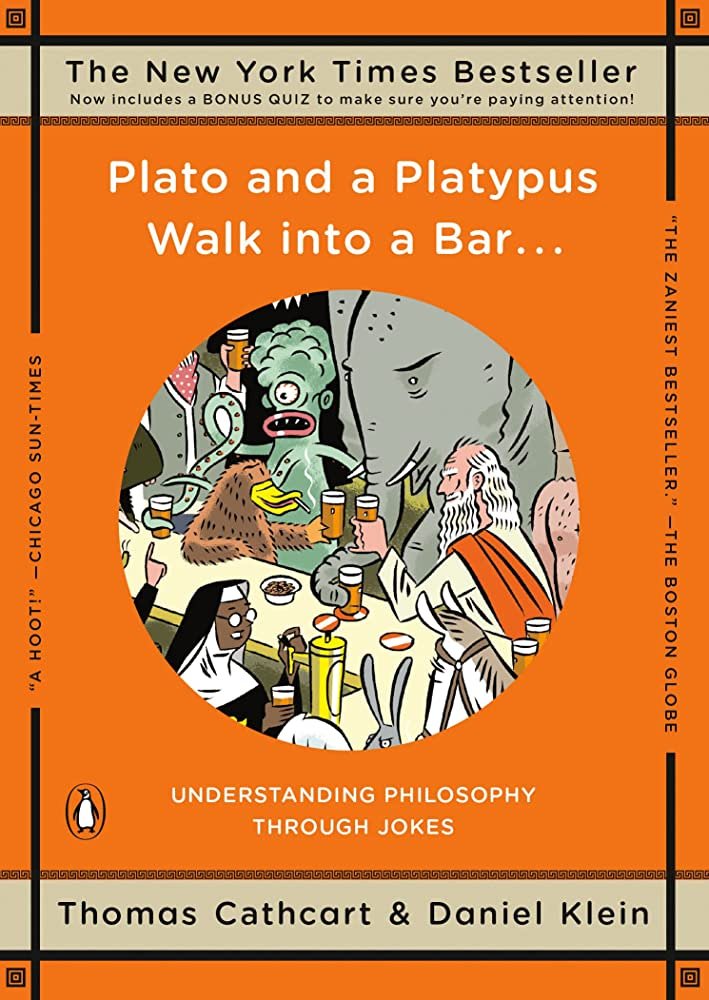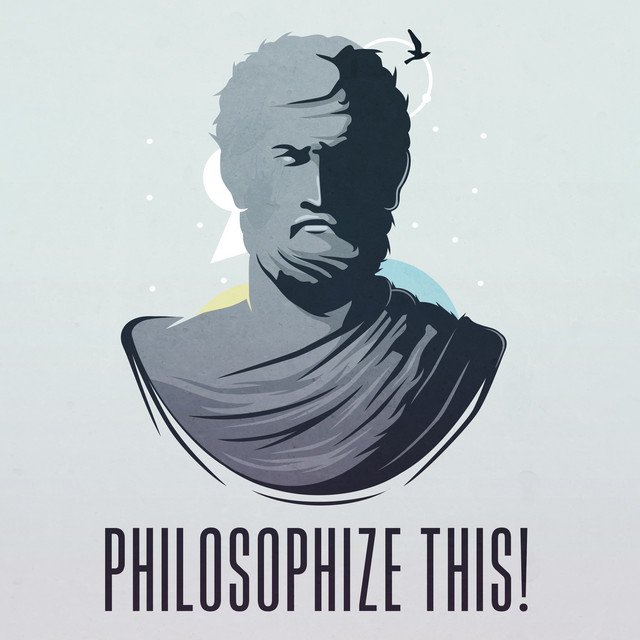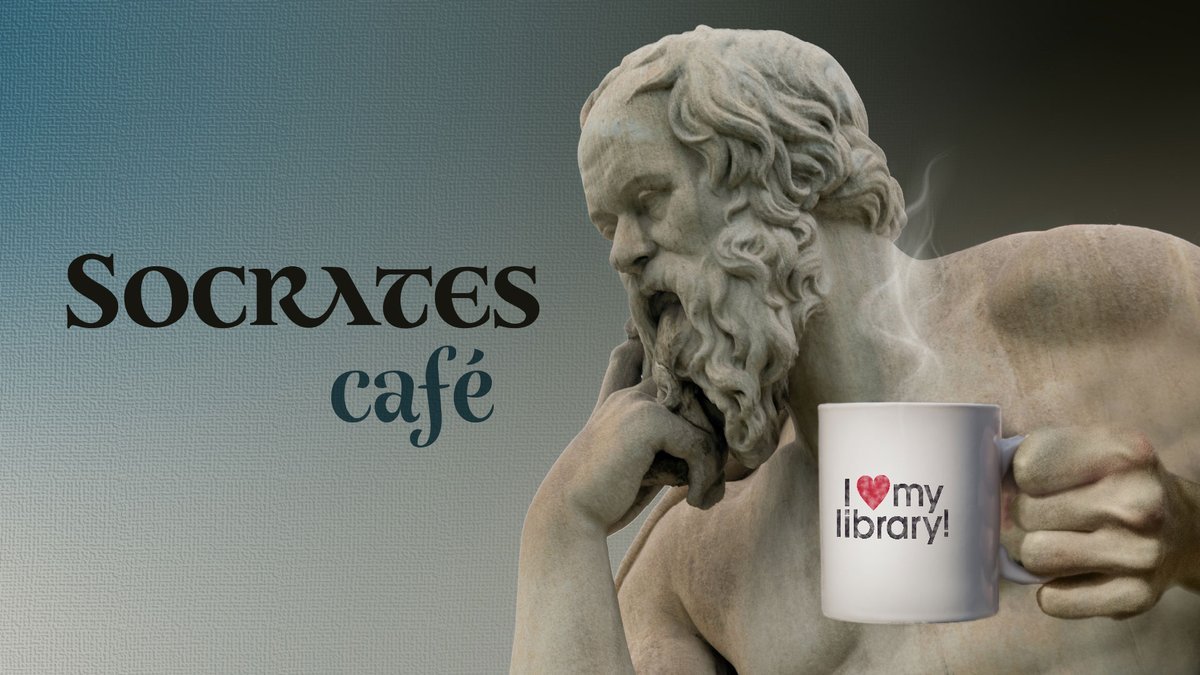AMERICA THE PHILOSOPHICAL
YOUTUBE — CLICK — Before a packed auditorium in a wood-paneled hall, a balding man in a dark suit strides onstage. He sets papers on a podium and starts in.
“This is a course about justice and we begin with a story. Suppose you are the driver of a trolley car and the trolley car is hurtling down the track at 60 miles an hour and at the end of the track you notice five workers. . . “
He continues, thickening the plot. Your brakes don’t work. Plowing ahead will surely kill the workers. But. . . You spot a side-track where only one worker stands. What would you do?
More interesting than the professor and his dilemma is the number below the screen. Michael Sandel’s course “Justice” explores Kant, Hume, and other heavyweights. Difficult stuff, even with a master teacher. Yet on Youtube, where a cat video gets 5 million hits and a Taylor Swift concert draws 15 million, “Justice” has . . .
That M is for million. Makes you think, doesn’t it?
“I think that in no country in the civilized world is less attention paid to philosophy than in the United States,” wrote Alexis de Tocqueville.
That, however, was the 1830s. And though America the Dumb still draws its snarky cynics, America the Philosophical is re-defining the ancient Greeks’ “love of wisdom.”
Plato and Aristotle held forth in an Academy. Other ancient sophists split hairs in a stoa, the Greek open portico that gave its name to Stoicism. But America’s thinkers are holding forth from academies and stoas that would have made even the acerbic Socrates smile.
Since 2000, publishers have discovered that books on philosophy are no longer dead on arrival. Many have become best-sellers.
The list started with Will Durant’s The Story of Philosophy, published in 1926, still in print after selling millions. One-third of the top 100 all-time bestsellers in philosophy have been published in this century. These include Sandel’s Justice, The Metaphysical Club, At the Existential Cafe, and Plato and a Platypus Walk into a Bar: Understanding Philosophy through Jokes.
Point of fact: Not many of us are reading Kant, because who can? But following the advice of Socrates, who worried that putting ideas into print “will produce forgetfulness,” America the Philosophical has more than just books in its bag.
Today’s stoa includes blogs, podcasts, videos, social media and more. Reddit, that swamp of online arguments, has more than 100 “sub-reddits” on Philosophy (above). Some have just 100 members but r/Plato has 6,000, r/Political Philosophy has 27,000 and r/Philosophy of Science has 100,000.
Blogs, too, are making us think. Brain Pickings, started in 2006 with seven e-mail subscribers, has grown into weekly newsletter, The Marginalian, with 4.7 million Facebook followers. Reason and Meaning draws 50,000 viewers per month. And askphilosophers.org recruits the pros to answer your questions about ethics, existentialism, the whole shebang.
Philosophy podcasts can’t compete with podcasting’s political blather, but dozens draw loyal followers in the six figures. “The Partially Examined Life,” “a philosophy podcast by some guys who were at one point set on doing philosophy for a living but then thought better of it,” ranks #14 among all Apple Podcasts.
Other podcasts pushing Plato and company include Practical Stoicism, Overthink, Stoic Coffee Break, and Philosophize This! Most have hundreds of episodes and thousands of followers.
“There are more things in heaven and earth, Horatio, than are dreamt of in your philosophy.” Quoth Shakespeare. But now that philosophers can dream digitally, there are more things in Horatio’s philosophy than even Hamlet imagined.
Thinkers once forced to sit and ponder alone are connecting online. As philosophy groups form on all social media, scheduled “meetups” are bringing thinkers into the agora.
Thinkingwhiledrinking.org has thousands of members who gather monthly — in six cities — to discuss over a beer or two. The Greater Philadelphia Thinking Society has nearly 10,000 members. Other philosophical meetups occur from Richmond to Dayton to Detroit. And Socrates runs a chain of cafes.
When Christopher Phillips graduated from William and Mary, he wanted to keep his philosophy bull sessions going. In 1996, he started the Socrates Cafe. Hundreds of such cafes around the world now encourage thinkers to gather and discuss weighty questions. Socrates Cafes meet in Maryland, Connecticut, Massachusetts, Milwaukee, Minnesota, Albuquerque. . .
So Descartes was right. We think, therefore we are. But lest we think all this thinking is mostly about drinking, let’s return to the academy.
Fifty years ago, America handed out 8,000 B.A.’s in philosophy. The numbers have since risen, peaking at 14,500 in 2014, remaining about 12,000 per year today. Some half million philosophy majors are now in the American workforce, (including my daughter and my wife.)
“The unexamined life,” Socrates opined, “is not worth living.” By that famous standard, Americans are living more thoughtfully than ever.
In America the Philosophical, Carlin Romano challenges our Dumb and Dumber stereotype. Praising “the openness of its dialogue, the quantity of its arguments, the diversity of its viewpoints, the cockiness with which its citizens express their opinion,” Romano offers high praise for this particular republic.
“America in the early twenty-first century towers as the most philosophical culture in the history of the world, an unprecedented marketplace of truth and argument that far surpasses ancient Greece, Cartesian France, nineteenth-century Germany or other places one can name over the past three millennia.”
Makes you think, doesn’t it?









